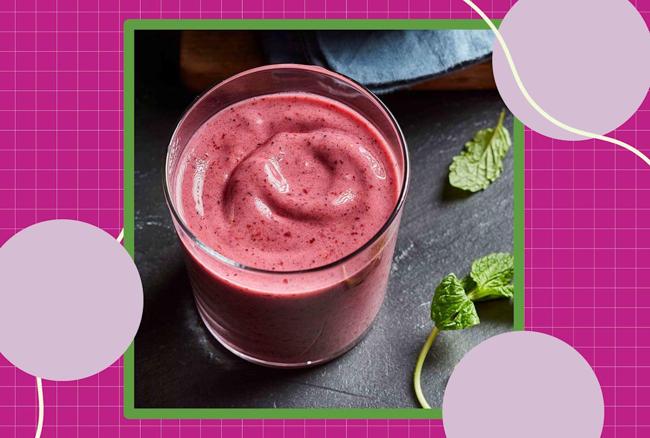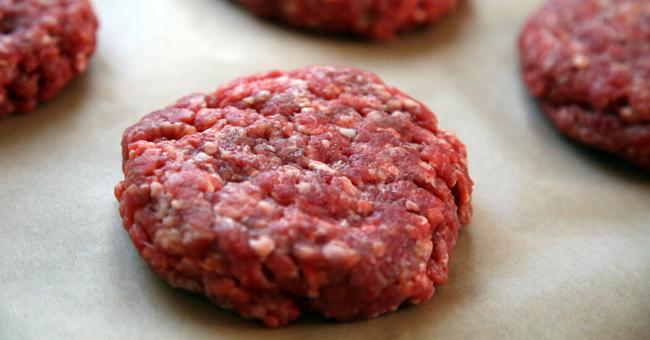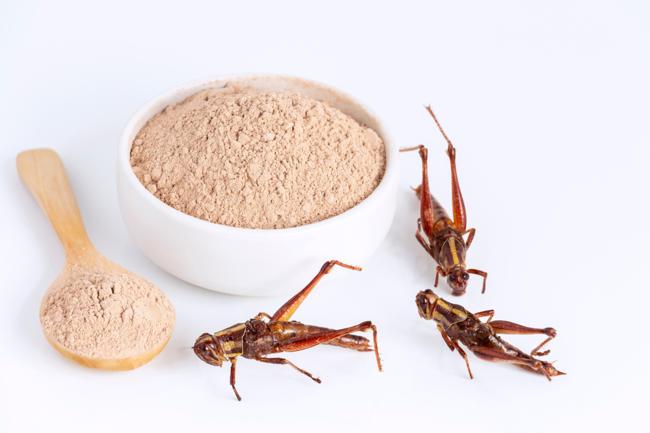Summary
Creatine can help you improve body composition and increase sports performance. Its also one of the most well-studied and safest supplements you can take.
Source: Health on MSN.com

AI News Q&A (Free Content)
Q1: What is creatine, and how does it function in the human body to support athletic performance?
A1: Creatine is an organic compound naturally present in vertebrates, where it plays a vital role in recycling adenosine triphosphate (ATP), the primary energy currency in muscle and brain tissues. This recycling occurs as creatine helps regenerate ATP from adenosine diphosphate (ADP) by donating phosphate groups, which supports rapid energy needs during high-intensity exercise. As a result, creatine supplementation is commonly used to improve body composition and sports performance by enhancing muscle energy availability and buffering capacity.
Q2: How safe is creatine supplementation according to recent scientific research, and what are the most common side effects?
A2: Recent scientific studies consistently report that creatine supplementation is one of the safest sports supplements when used as directed. Most users experience no adverse effects, though some individuals may report mild gastrointestinal discomfort, muscle cramping, or water retention. Long-term studies have not found significant negative impacts on kidney or liver function in healthy individuals. However, it is recommended to consult with a healthcare provider before starting any supplementation, particularly for those with pre-existing health conditions.
Q3: How does creatine supplementation interact with nutritional deficiencies, and are there any groups who should avoid it?
A3: Creatine supplementation may be less effective in individuals with significant nutritional deficiencies, as overall nutrient status can impact muscle performance and recovery. Populations at higher risk for deficiencies, such as vegetarians or vegans, may benefit more from creatine due to lower baseline dietary intake. However, those with chronic kidney disease or other renal impairments are typically advised to avoid creatine supplementation, as it could exacerbate existing issues.
Q4: What is the current regulatory guidance regarding creatine supplementation for different age groups?
A4: Current regulatory guidance from organizations such as the International Society of Sports Nutrition and the European Food Safety Authority states that creatine supplementation is safe for healthy adults when taken at recommended doses. There is limited evidence supporting its use in children and adolescents, and supplementation for these groups should only occur under medical supervision. Pregnant or breastfeeding women are generally advised to avoid creatine supplements due to insufficient safety data.
Q5: What are two recent advances in detecting nutrition deficiencies, and how might they impact human health?
A5: Recent advances include the application of deep learning models, such as the Plant Nutrition Deficiency and Disease Network (PND-Net), which accurately classifies plant nutrition deficiencies and diseases using image analysis. Although developed primarily for agriculture, these methods could inspire innovations in non-invasive diagnostics for human nutrition deficiencies by identifying subtle visual or physiological cues, potentially leading to earlier intervention and improved health outcomes.
Q6: What does the latest scholarly research say about the relationship between dietary supplements, including creatine, and immune function?
A6: A 2021 review of dietary supplements and nutraceuticals highlights that while creatine is not directly linked to immune enhancement, nutritional status, including adequate levels of vitamins and minerals, plays a significant role in immune function. Supplements such as vitamin D, C, and zinc are under investigation for their potential to reduce infection risk and severity, indicating the importance of overall nutrition for optimal immune health. Creatine's primary benefits remain in muscle energy metabolism rather than direct immune support.
Q7: Are there any myths or misconceptions about creatine supplementation and nutrition deficiency that recent studies have debunked?
A7: One common misconception is that creatine supplementation alone can compensate for poor nutrition or correct nutrition deficiencies. Recent studies clarify that while creatine supports muscle energy and performance, it cannot replace a balanced diet or rectify deficiencies in essential nutrients such as vitamins and minerals. Effective supplementation should be part of a comprehensive approach that includes proper nutrition, hydration, and medical oversight.
References:
- Creatine - https://en.wikipedia.org/wiki/Creatine





